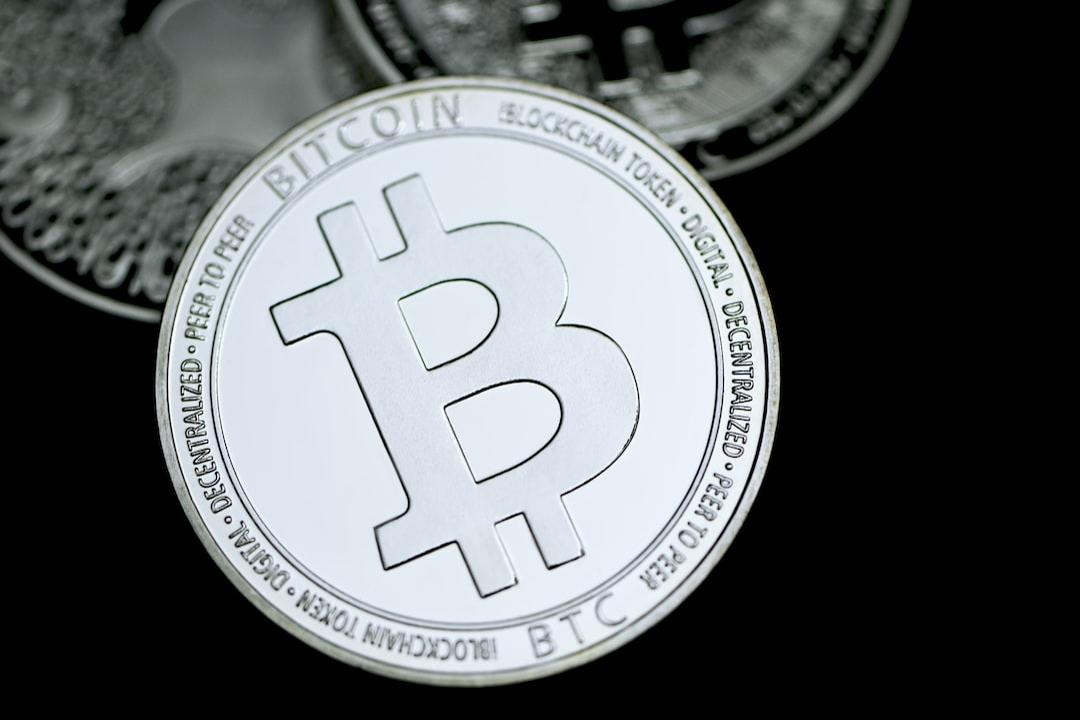As the price of Bitcoin continues to rise, Russia, which has half of its foreign exchange reserves frozen, is turning its attention to decentralized Bitcoin assets. Russian lawmakers have proposed establishing a strategic Bitcoin reserve and introducing a new payment system, which can not only mitigate the risks of sanctions but also generate substantial profits.
Russian lawmakers propose establishing a strategic Bitcoin reserve
According to reports from TASS, Anton Tkachev, a member of the State Duma of Russia, proposed the establishment of a strategic Bitcoin reserve for Russia.
Tkachev, a member of the State Duma of Russia, proposed to Russian Finance Minister Anton Siluanov that a Bitcoin strategic reserve similar to traditional currency reserves be established in Russia.
Due to geopolitical instability, traditional foreign exchange reserves, including the Chinese yuan, the US dollar, and the euro, are vulnerable to volatility, sanctions, and inflation, posing a threat to Russia’s financial stability. Russia not only needs to introduce a new payment system but also needs to introduce alternative tools that do not depend on a single country for reserves.
In countries subject to sanctions, the use of traditional international payment systems is restricted, making cryptocurrencies essentially the only tool for international trade. The Central Bank of Russia is already preparing to launch an experiment in cross-border settlements using cryptocurrencies. Tkachev pointed out that in recent years, Bitcoin has been one of the highest-yielding assets among all investment assets. In December 2024, its cost was $100,000, making Bitcoin not only a means of value storage but also an opportunity to earn substantial profits.
About half of Russia’s foreign exchange reserves are frozen
As of November 2024, Russia’s foreign exchange reserves were approximately $631.6 billion. These reserves include foreign currencies, gold, and other international reserve assets. Gold reserves amount to $207.7 billion, accounting for 32.9% of Russia’s international reserve assets, the highest level since November 1999.
Since February 2022, following Russia’s special military action against Ukraine, European and American countries have imposed sanctions on Russia, resulting in the freezing of Russia’s sovereign assets and private investor funds. Approximately 300 billion euros of Russia’s foreign exchange reserves are frozen, with about 200 billion euros in the European Union, most of which are held in Euroclear, the world’s largest clearing and settlement system.
The Russian Foreign Ministry recently stated that freezing Russian assets in Europe is an act of theft.
Russian President Vladimir Putin also expressed at a financial summit held at the Russian Foreign Trade Bank (VTB) on December 4th that cryptocurrencies such as Bitcoin could be a better alternative for foreign exchange reserves, and no one can stop Bitcoin.
(Putin supports Bitcoin: Cryptocurrencies as an alternative for foreign exchange reserves, BRICS needs to establish a financial system beyond the US dollar)

